Drag Queen at Seven Years Old — The Sobering Reality of Children in Drag
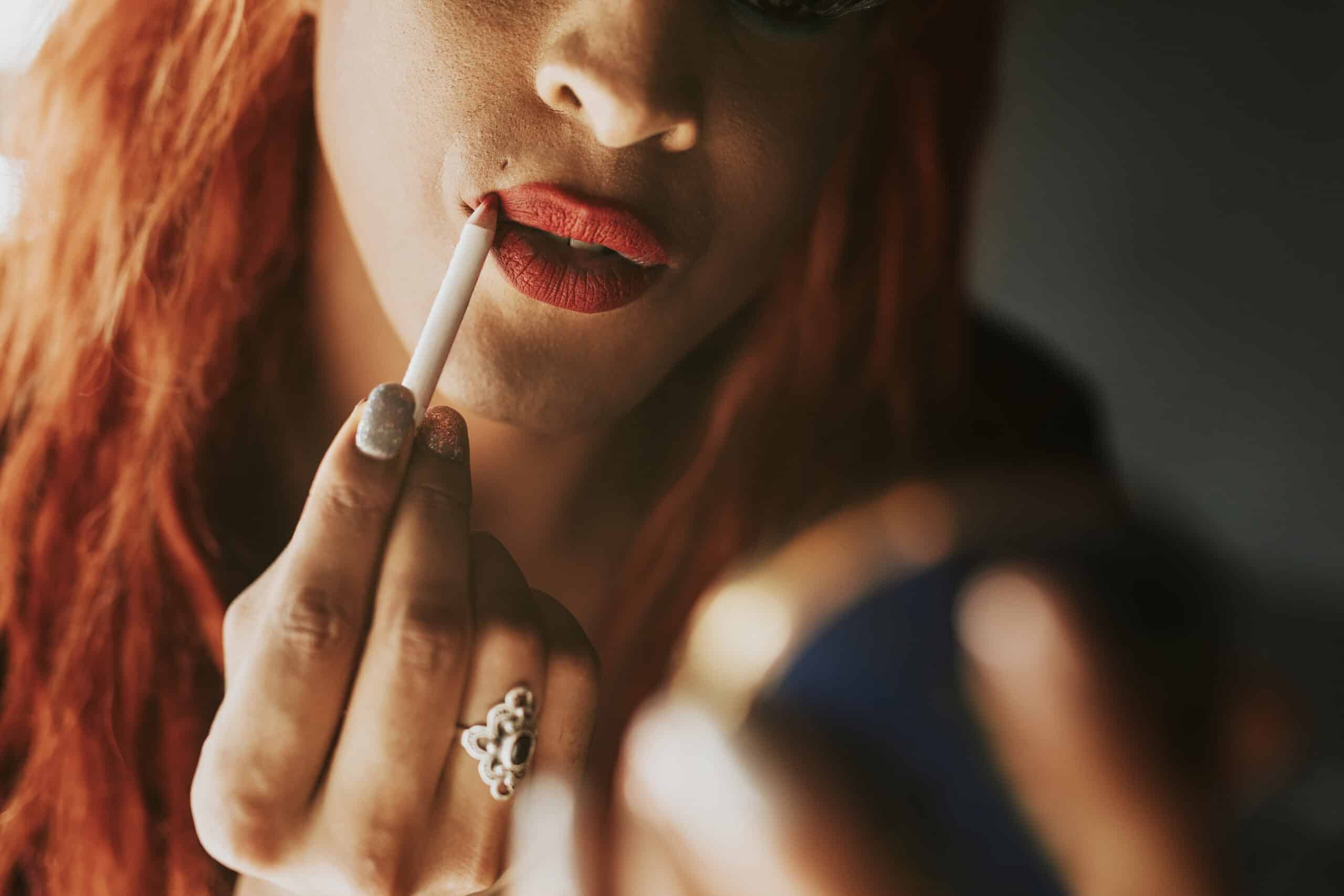
Many toddlers with an early affinity for dance end up in ballet or tap class. Seven-year-old Asa’s parents helped him become, “The most FABULOUS 7yo gender nonconforming Baby Drag Queen ever.”
A video compilation of Asa performing as his drag alter-ego, LuLu Lovely Twirls, collected more than three million views on X (formerly Twitter) this week over at least three accounts. Some clips show him holding hands with scantily dressed men. Others show him collecting tips from spectators.
The post draws heavily from a VICE video profile featuring Asa and his parents, who claim their son’s drag performances are no different than dance recitals.
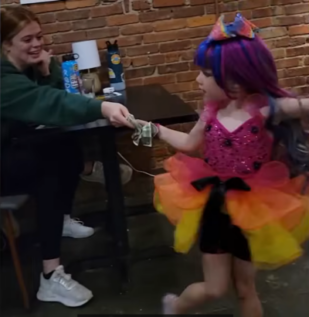
“[Our kids] all do different sports. They all have different activities that they do. But we have a child that’s interested in something that’s maybe not as traditional,” Asa’s dad told cameras.
“If he were a girl doing these exact same things, no one would be saying anything,” the seven-year-old’s mom added.
In the mini-documentary, Asa’s parents’ parrot two false narratives the Daily Citizen confronts often — that indulging gender ideology is compassionate and inclusive, and that sexual preferences and behaviors are part of a person’s identity.
In reality, they’ve set their son up for a lifetime of confusion and exploitation.
The seven-year-old’s parents work hard to abdicate responsibility for their son’s hobby.
“Asa refers to himself as a drag queen,” his mom assures cameras. “He does it very proudly.”
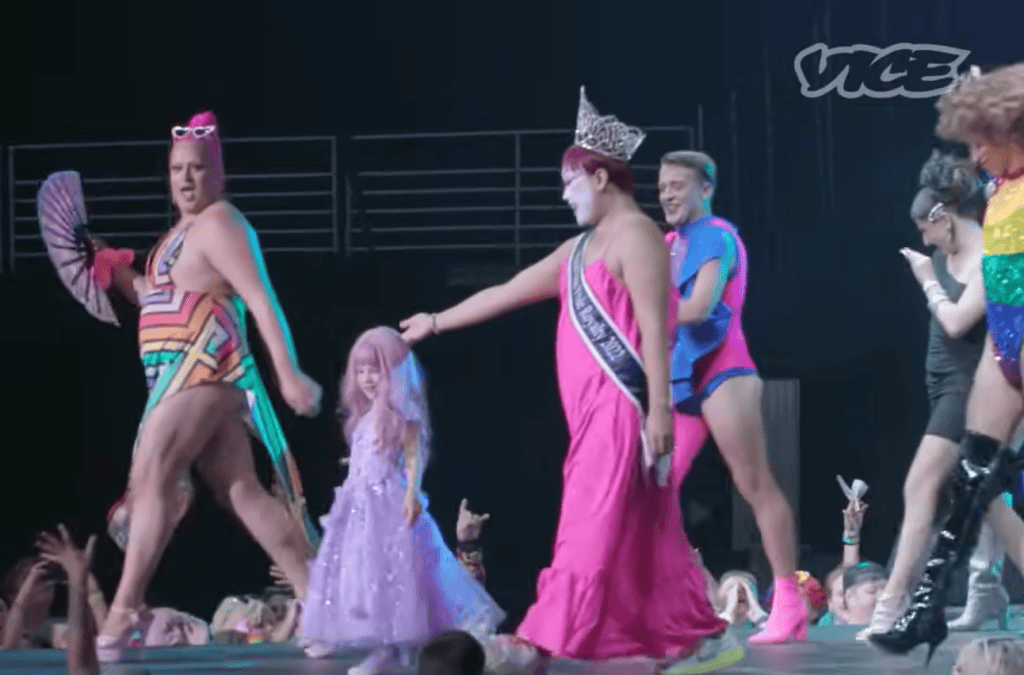
“He’s done this since he was four, five and now six years old,” his dad claims, recalling how much Asa loved dancing as a toddler.
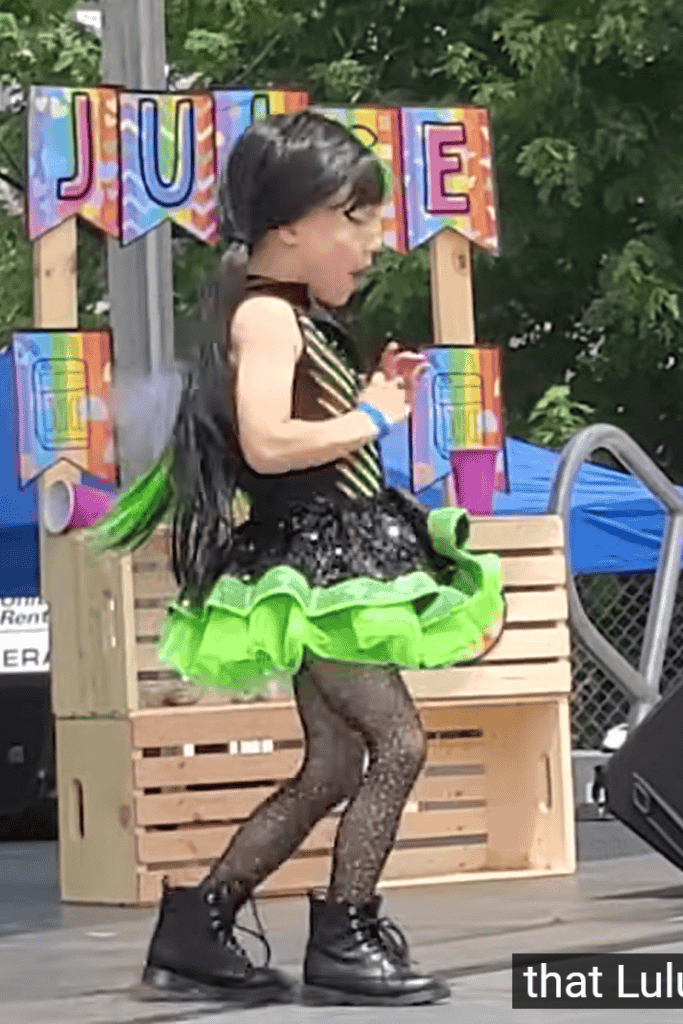
But it doesn’t take a rocket scientist to see that Asa wouldn’t be in this predicament without his parents’ encouragement and instruction. Asa never spontaneously expressed interest in drag. He saw his first drag show at the tender age of four when his parents brought him to a Pride parade.
“[My wife] thought it would be a good way to bring our kids in and let them see the diversity of the world around us,” Asa’s dad explained, looking at his wife for confirmation.
Asa’s mom said her son became “obsessed with drag” for a year after his first exposure, which she claims “led to [the couple asking], ‘Would Asa ever want to wear a dress?’” Eventually, she bought him one.
Young children respond notoriously poorly to overwhelming, life-defining choices and notoriously well to positive reinforcement. Assuming he wasn’t hopelessly confused by choosing his gender and pronouns, there’s little reason Asa would refuse wearing a dress if it got him positive attention.
Notably, Asa told interviewers he wouldn’t wear a dress to school. Outside his character, Asa said he was a boy. As “Lulu Lovely Twirls,” the six-year-old said his pronouns were “she/they”.
Most young children can’t identify pronouns — at all at least not without an adult’s help.
A particularly disturbing incident occurred sometime after Asa’s mom bought him a dress. This is how she tells the story.
It’s difficult to imagine Asa voicing this request independently. Regardless, his mom subsequently decided to film that video, share it on a platform infamous for child exploitation, and accept an invitation for her six-year-old to perform at an adult drag queen brunch.
That’s three conscious decisions to endanger her son.
Now, Asa’s parents say he performs at one event a month. They pay for hand-trimmed wigs and costumes. “There’s even adult performers he can sometimes outperform,” his mom bragged.
To people who worry Asa will later regret his drag days, his mom simply replies:
Asa’s mom repeatedly implies her son was destined to be a drag queen.
“He puts together and produces his own numbers for drag shows,” she explains. “I am in awe constantly with the fact that he can just maneuver and work the stage on a dime. It’s something innate in him.”
“It’s like he was born to do this,” she fawns another time, painting thick pink makeup over Asa’s eyelids.
These comments go beyond minimizing her responsibility. They make drag performance out to Asa’s identity — one of the essential, unchanging characteristics at the core of his being.
It isn’t. The God-given talents that make Asa a good performer aren’t his whole identity, either.
People’s talents, gifts, preferences, relationships, behaviors and passion for drag can all change. The only constant traits are sex, which dictates the construction of every human cell, and status as child of God.
Asa is a son of God. He wasn’t born to be anything else.
Asa’s mom claims “indecent drag” doesn’t take place in front of children.
If the clips of Asa picking up tips, mimicking traditionally provocative dance moves wearing fishnet stockings, and standing surrounded by men in varying states of undress represents “decent drag” — who knows what “indecent drag” entails.
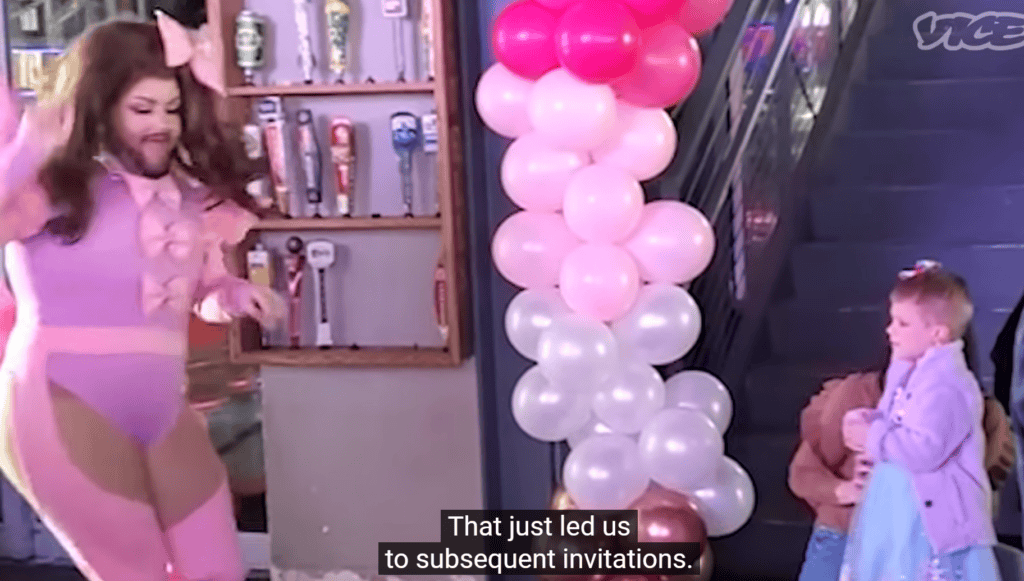
Dubious, “kid-friendly” messaging doesn’t change that drag is inherently sexual.
The first documented “queen of drag” used the costume in sexual escapades. According to investigative journalist Christopher Rufo’s detailed exposé on drag, this man later spent 300 days in jail for running a brothel.
In the late 1960’s, drag became a means for the disenfranchised to topple established sexual norms. Performances would imitate taboo practices including bestiality, necrophilia and pedophilia to protest the domination of monogamy and marriage.
These roots did not disappear when RuPaul re-packaged the drag queen for common consumption. The dance moves, pageantry and caricature of womanhood come from a distinctly profane, sexual place. Asa’s parents allow their small son to partake in it all.
Asa’s receipt of tips is particularly problematic given a study of drag culture by queer theorist Sarah Hankins. The academic called the drag scene a “sociosexual economy” where people paid for sexual gratification. She writes of her experience,
Seven-year-old children are morally and legally precluded from providing sexual gratification for money. But Asa is — and his parents are cheering him on.
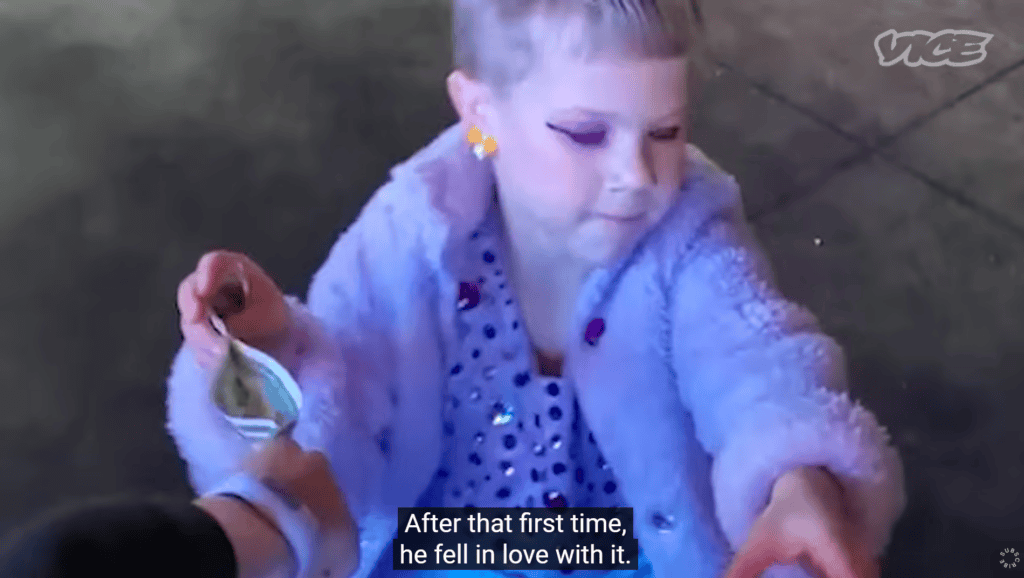
Asa’s case exemplifies a larger cultural acceptance of children participating in drag. It’s vitally important for citizens to comprehend this perversion so they can intervene on behalf of children like Asa.
This case interacts with other deep, cultural flaws. Most states haven’t pursued bills preventing children from attending drag shows. At least two have failed — including one in Asa’s home state of Nebraska. Meanwhile, parents who disagree with gender ideology have been denied the opportunity to foster and adopt children. In some heartbreaking cases, families have had their children taken away for refusing to affirm their gender confusion.
The Daily Citizen reminds you not to grow desensitized to these issues. Evil should always grieve us. If you’re looking to help, remember to vote in this election! You can find other ways to get involved by contacting your state’s Focus on the Family-allied Family Policy Council.
Additional Articles or Resources
Do Not Fall for the ‘Affirm Them or They Will Die’ Lie
No, You Shouldn’t Take Your Children to an LGBT Pride Parade
Christopher Rufo Explains the Real, Dark Intentions Behind Drag Queen Story Hour
New Research Confirms Previous Findings: Most Gender Confused Kids Desist
Gallup Poll Shows Yet Another Increase in ‘LGBTQ+’ Identities
Are People Born Gay? A Look At What the Research Shows and What It Means for You
ABOUT THE AUTHOR

Emily Washburn is a staff reporter for the Daily Citizen at Focus on the Family and regularly writes stories about politics and noteworthy people. She previously served as a staff reporter for Forbes Magazine, editorial assistant, and contributor for Discourse Magazine and Editor-in-Chief of the newspaper at Westmont College, where she studied communications and political science. Emily has never visited a beach she hasn’t swam at, and is happiest reading a book somewhere tropical.
Related Posts
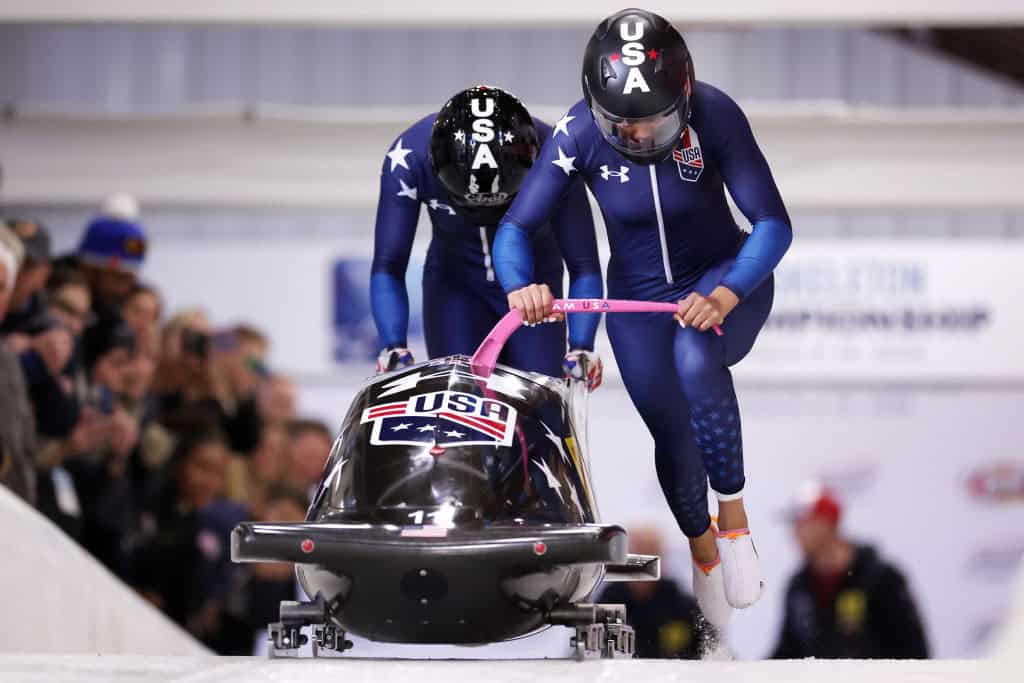
The Refreshing Patriotism of Olympian Jasmine Jones
February 13, 2026
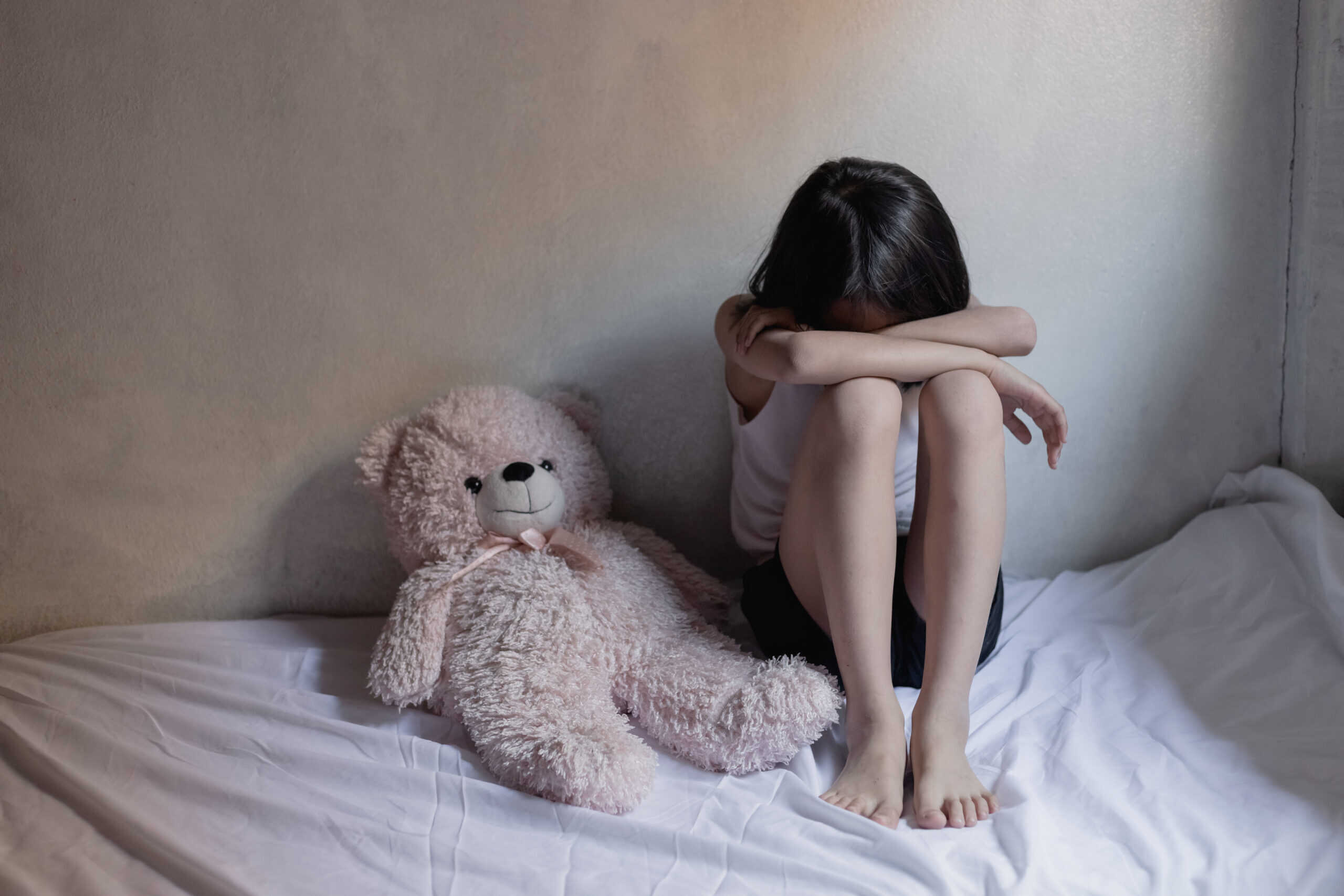
Colorado Committee Kills ‘Children Are Not for Sale Bill’
February 13, 2026
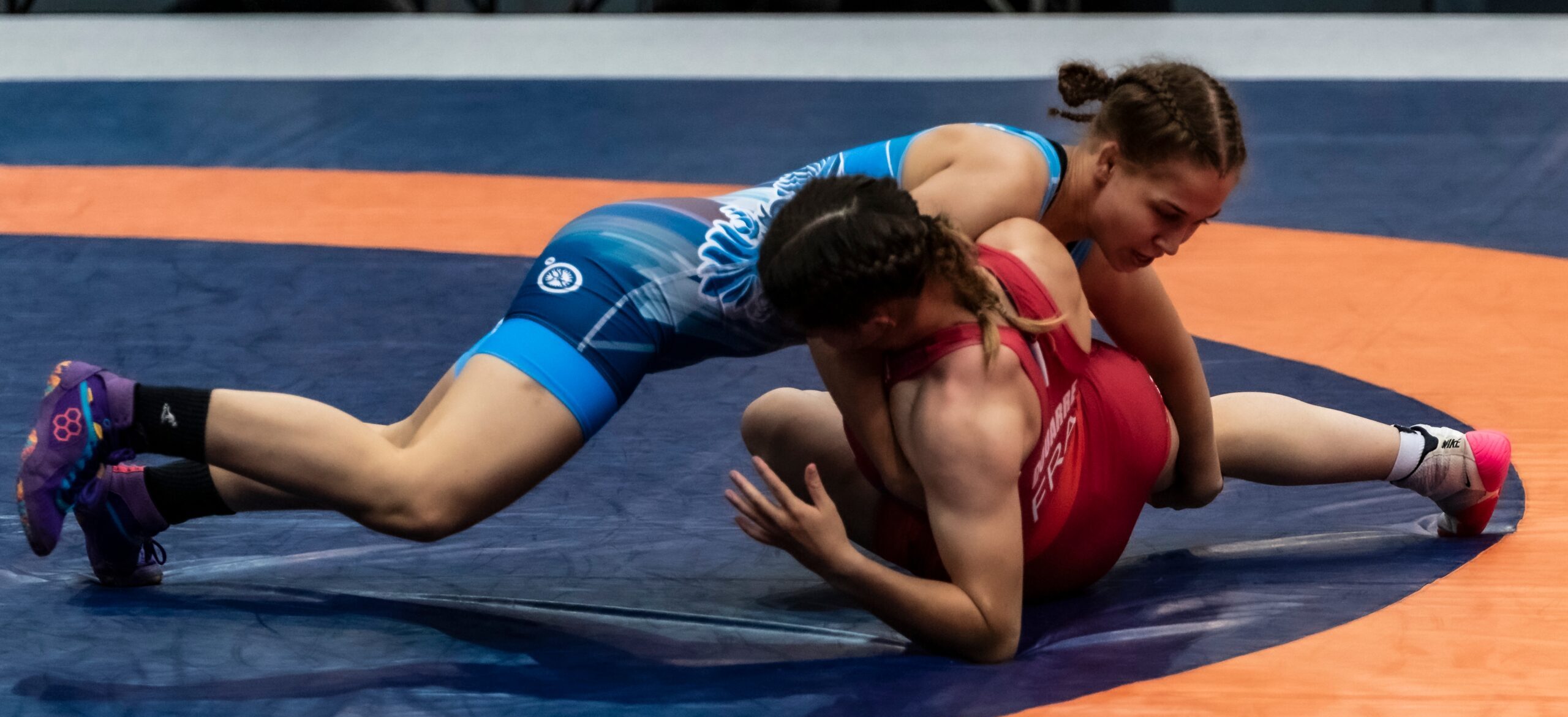
Washington School District Buries Female Wrestler’s Sexual Assault Complaint Against Male Opponent
February 12, 2026
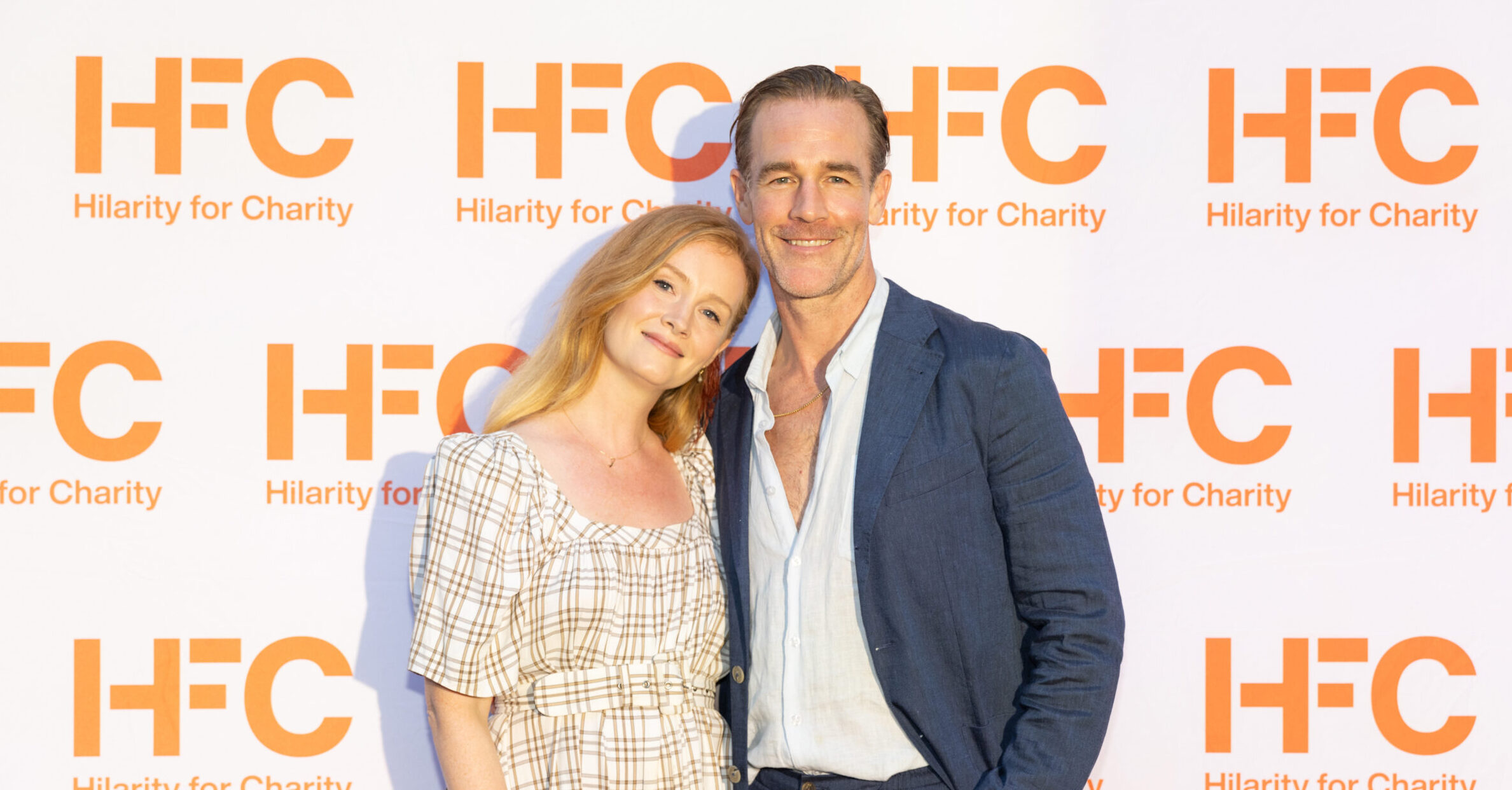
“Who Am I?”: James Van Der Beek’s Final Answer
February 12, 2026
